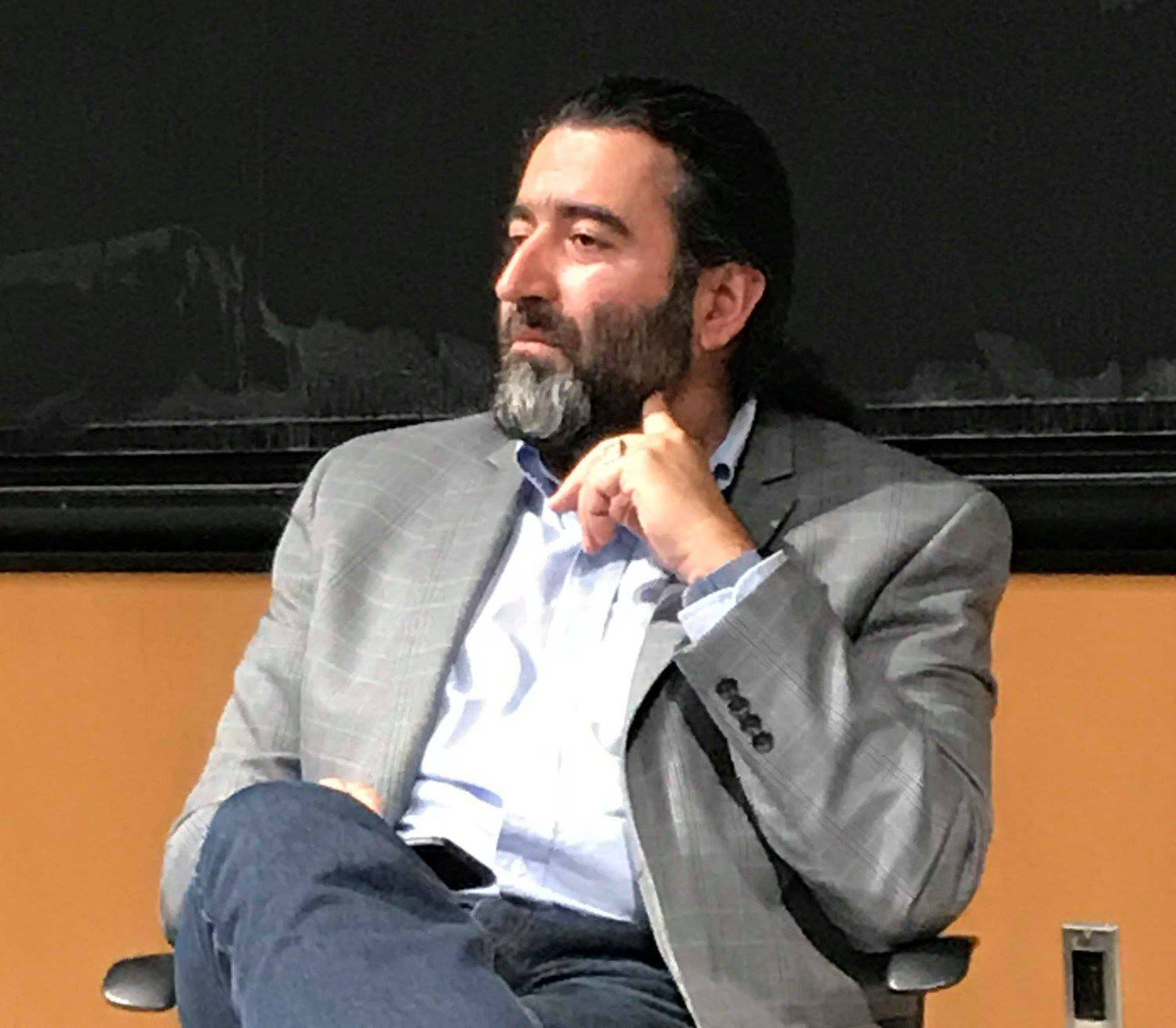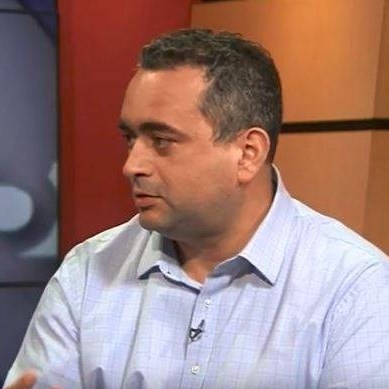
Guests:
Topic:
- This Conversations on Groong episode is our first Live Show on Clubhouse and hopefully it will be an informative, as well as an enjoyable discussion for all. We will be talking about the politics of opening the paths of communication, lifting blockades, and the rumors, facts, and fallacies around so-called “corridors” through each other’s countries.
Episode 83 | Recorded: June 14, 2021
Show Notes
Discussion
Perhaps before discussing these contentious issues, it might be useful to look at the history of the closed borders.
The three prior Armenian administrations (LTP, Kocharyan, Sargsyan) while being in disagreements on other issues related to the Nagorno Karabakh conflict have been in complete agreement on the need of open borders with Turkey and Azerbaijan:
- In the 90s LTP’s government had talks (according to Alexander Arzumanyan) with Tansu Ciller’s government, with the later making offers to open the border with Armenia in exchange for some concessions on the Karabakh issue (Arzumanyan claimed that Ciller asked the Armenians to withdraw from Jabrayil).
- During his famous 1998 speech LTP stated that Armenia’s economy would always be hindered by excessively large export transportation costs due to the need to go through Georgia.
- During the Key West Agreement (later reneged on by Heydar Aliyev) Robert Kocharyan agreed to conditions similar to those listed in Article 9.
- Most importantly during Serzh Sargsyan’s government Armenia and Turkey engaged in “soccer diplomacy,” where Erdogan’s and Sargsyan’s governments negotiated about the terms of border opening between Armenia and Turkey. Again, due to nationalist pressures inside Armenia and Turkey this never came to pass.
- Various Armenian governments have also decried the Azeri blockade of Armenia. It is clear that opening of transportation routes through Azerbaijan would significantly reduce transportation costs for Armenian economic exchange with Russia, its main economic partner, and reduce its dependence on Georgia as a transit point (something that is acutely felt during periodic flair ups in Russian-Georgian tensions)
Currently, however, the roles appear to be reversed. Turkey and Azerbaijan are pushing to open the borders, while Armenia is not ready for it. What are the reasons for this?
Azeri president Ilham Aliyev has threatened to go to war to ensure that Article 9 provisions are implemented. PM Pashinyan has slowed down the process, first because Aliyev has reneged on implementing Article 8 (exchange of POWs), and instead has staged incursions directly into Armenia, in the process repeating his demands for a “corridor”, which many in Armenia interpreted as an encroachment on sovereign Armenian land.
- What’s the history of negotiations on the opening of the
- Border between Turkey and Armenia
- Border between Az and Armenia
- Nakhichevan and Azerbaijan connection
- What’s fiction and what’s fact?
- Does E-W communication prevent N-S communication?
- Does the Azerbaijan-Nakhichevan “connection” for Azerbaijan pose a threat to Armenia?
- What are the pro/con arguments presented, and by who?
- What are the downsides (at least as quoted by the detractors) of open borders with Turkey/Az for Armenia?
- What is Russia’s position on opening communications?
- Are there estimates of the benefits to the main sides?
- Are there financial estimates for opening communications?
- Who will be the main beneficiaries?
- Armenia, Azerbaijan, Turkey, Russia, Georgia, Iran?
- What political causes may or may not be damaged?
- Artsakh independence or self-determination?
- Genocide recognition?
- etc.
- How would the two main contenders in the upcoming election, Pashinyan and Civil Contract, and Kocharyan and the Armenia Alliance, deal with these issues?
- What should be Armenia’s general position to achieve long-term peace with Azerbaijan and Turkey?
Wrap-up
We hope you found our Conversations on Groong helpful, we invite your feedback and your suggestions. You can find us on most social media and podcast platforms. Thanks to Laura Osborn for the music on our podcasts.
Guests

Areg Danagoulian
Dr. Areg Danagulian is an Associate Professor of Nuclear Science and Engineering at MIT. He is currently working on new, monochromatic methodologies for cargo screening as well as technologies for nuclear arms control treaty verification via resonant phenomena and physical cryptography.

Emil Sanamyan
Emil Sanamyan, a senior research fellow at USC’s Institute of Armenian Studies specializing in politics in the Caucasus.
Hosts

Hovik Manucharyan
Hovik Manucharyan is an information security engineer who moved from Seattle to Armenia in 2022. He co-founded the ANN/Groong podcast in 2020 and has been a contributor to Groong News since the late 1990s.
Disclaimer: The views expressed by Hovik Manucharyan on the ANN/Groong podcast are his own and do not necessarily reflect the opinions of his employer or any other organization.

Asbed Bedrossian
Asbed Bedrossian is an IT professional, and for years oversaw the central IT enterprise infrastructure and services at USC. His decades of experience spanned across IT strategy, enterprise architecture, infrastructure, cybersecurity, enterprise applications, data center operations, high performance computing, ITSM, ITPM, and more.
Asbed founded the Armenian News Network Groong circa 1989/1990, and co-founded the ANN/Groong podcast in 2020.